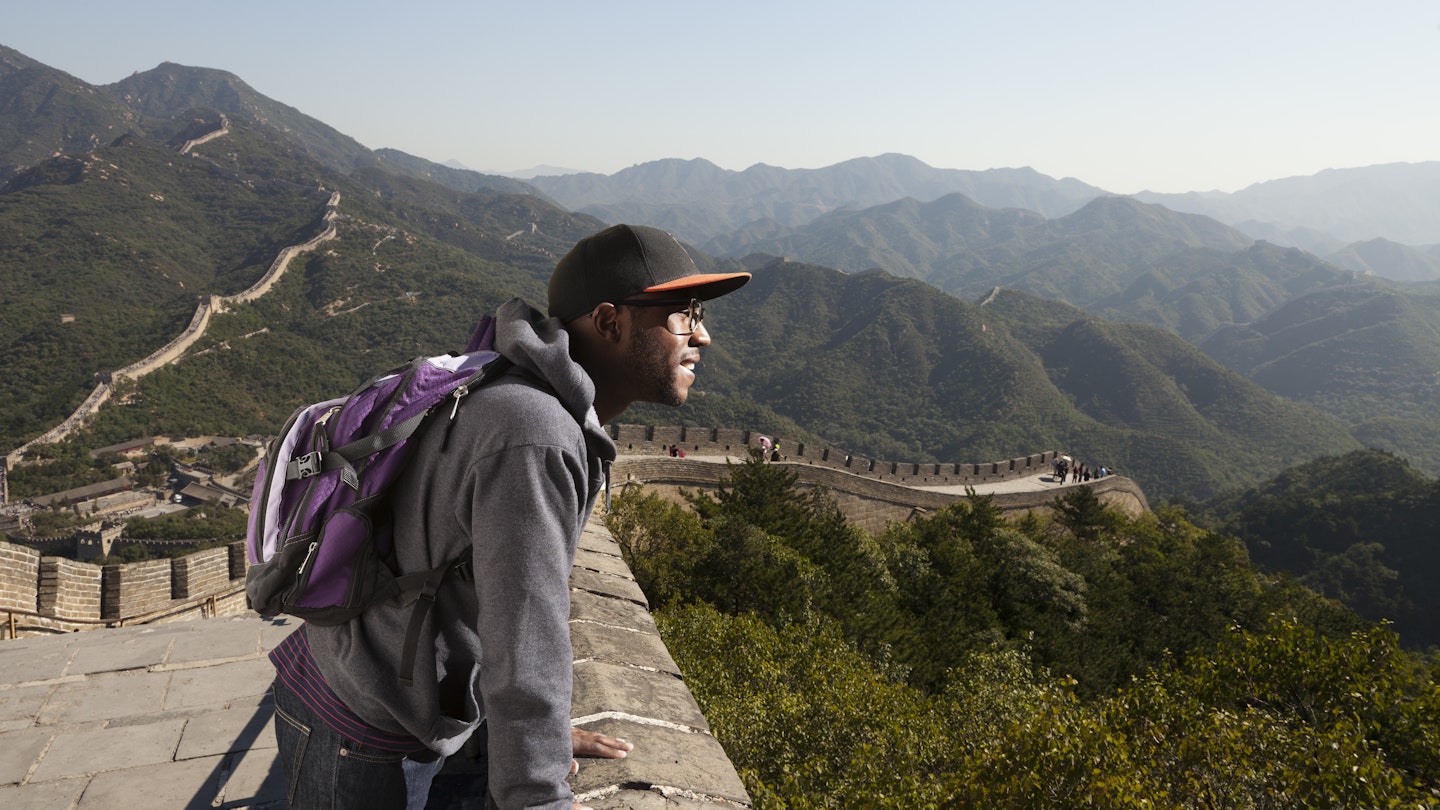
So long 2020, this year of constant confinements and time that just kind of drifted along. As we open a new calendar, the hope grows that this collective nightmare will soon be over, allowing us to finally train our sights on a life beyond this difficult moment. For millions, it’s the hope of being able to travel once more.
After a year filled with chaos and cancellations, the $9 trillion leviathan that is the global travel industry cannot afford to remain idle for another year. Moreover, frustrated travelers everywhere yearn for the world to be within reach again. Consequently, the industry is eager to oblige—with numerous enticing deals crafted to boost confidence in travel as a feasible and enjoyable activity.
However, even considering the uncertain dynamics of a pandemic that has resisted all control efforts, we can reasonably assume that while 2021 won’t mirror 2020, it will not resemble any typical year either. The confidence we have in traveling in numbers is tied to the earlier-than-anticipated availability of effective vaccines, yet it will be several months before sufficient coverage is achieved within the population.
This means that many current restrictions will continue to influence our travel plans; thus, preparing face coverings and a supply of disinfectant wipes for your travel kit is advisable.

Proof of Vaccine or a Negative COVID Result
One requirement that may be implemented, although not until later in 2021, is proof of a negative COVID test. Most airports are expected to feature antigen and PCR test centers for such purposes. However, it is crucial to highlight that while airlines may accept a negative antigen test, many destinations will require a negative PCR test, which can take up to 48 hours for processing and comes at a higher cost compared to antigen tests (although expedited results are available for an additional fee).

Technology Will be Central to Travel
Technology’s role in travel is set to increase significantly, with our smart devices becoming integral to our journeys. Many destinations will require travelers to download specific track-and-trace applications. Furthermore, we will use various apps to receive notifications about delays or localized outbreaks, pre-book arrangements—from meals to museum visits—and plan self-guided itineraries in the absence of personal guides.
A notable example is the CommonPass application, enabling travelers to carry their COVID test results in a standardized format that is easily recognizable to officials and ensures compliance with entry regulations (while safeguarding their health data privacy).
Moreover, technology will also enhance travel planning. A new wave of start-ups is leveraging digital tools and online chat systems to connect travelers with local agents for planning multi-day experiences—ranging from Kenyan safaris to Australian road trips. Notable companies include Berlin-based Tourlane, Paris-based Evaneos, and The Trip Boutique from Zurich.

Sustainable and Ethical Travel
Sustainability and ethical travel will increasingly gain importance in 2021. Juliet Kinsman, author of The Green Edit: Travel – Easy Tips for the Eco-Friendly Traveller, suggests that 2020 allowed nature to recover, and many individuals now understand the importance of maintaining that progress. These times have inspired many to explore the outdoors, reinforcing the necessity to support environmental efforts and address the climate emergency looming ahead.
Consequently, various companies will adjust their offerings to reflect this growing consciousness. The Explora Project, for example, is a French adventure travel company that organizes guided trips across Europe, exclusively using low-carbon transportation and food choices.
For Kinsman, 2021 will prompt people to fully consider the socio-economic impacts of their consumer decisions, aiming to align their spending with their values. However, she warns that “while people appreciate a bargain, many will have limited financial resources and will be eager to secure good deals.”

Good Deals, but Only Very Briefly
Currently, a plethora of attractive deals are available, featuring tempting terms such as low deposits and flexible change policies. However, most experts anticipate that prices will rise once traveling resumes. Airlines will operate with reduced route networks and adjusted in-flight services. The crisis will result in fewer operators in the market; hotels are required to enhance cleaning protocols, and travel insurance—which may soon become essential for travelers—is likely to become more costly than ever.
Unsurprisingly, Tony Wheeler, founder of Lonely Planet, has expressed concerns, observing that “it will be a sad new world if travel becomes exclusive to the wealthy, leading to the end of gap-year travel as we know it.” While elevated prices may characterize the short to medium term, the long-term outlook remains optimistic for a return to pre-crisis global travel standards—potentially by mid-2022 or 2023. However, whether we will integrate the valuable lessons we learned during lockdown—centered around sustainability, the planet’s fragility, and the necessity of curating our experiences more ethically and eco-consciously—remains uncertain.
Of course, the most unpredictable variable of all is the virus itself—this unyielding adversary, as Nobel Prize-winning biologist Peter Medawar aptly articulated. Until various vaccines become widely accessible, this relentless force will dictate the landscape. Let’s work towards making 2021 a year of resilience.





